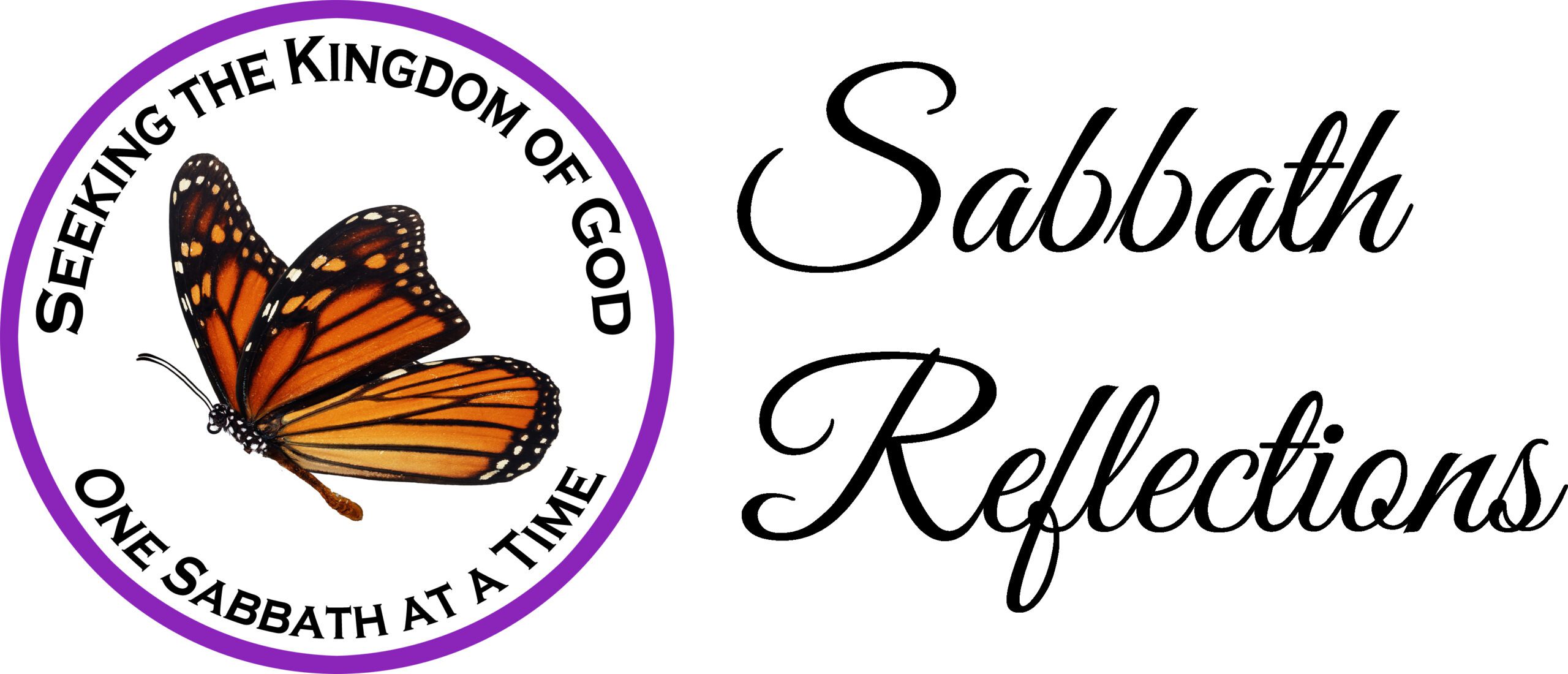A PURE LANGUAGE—WORDS MATTER
By Steven Greene
Website: https://sabbathreflections.org
“For then will I [God] turn to the people a pure language, that they may all call upon the name of the LORD, to serve him with one consent.” (Zephaniah 3:9).
The Third Commandment
Today, language is rife with phrases that include the outright or implied use of the names of God and Jesus Christ. People use it without thinking and with insincerity and disrespect. This has become so common that is no longer offensive to people. Today, people use God’s name as a matter of course without regard to God’s holiness, greatness, and majesty. The third commandment says: “Thou shalt not take the name of the LORD thy God in vain; for the LORD will not hold him guiltless that taketh his name in vain.” (Exodus 20:7). The word vain means using God’s name in an evil, useless, or worthless manner. Basically, using God’s name frivolously or without sincerity and respect is violating this commandment.
Ezekiel even prophesied of a time when profanity will become so prevalent that God will have to teach the world to again regard His name as holy. In Ezekiel 36:23a it says, “And I will sanctify my great name, which was profaned among the heathen, which ye have profaned in the midst of them.”
Some consider it less offensive to use euphemisms (Greek for good + speaking) of God’s name such as gosh, golly, gee (+ whiz, willikers, etc.), jeepers, jeez, and sheesh. The first two are expressions for God whereas the last four are substitutions for Jesus. Then there is the old “Jiminy cricket!”, which was a perversion of the Latin “Jesu Domini” (Lord Jesus). While most of these older words and phrases have fallen into disuse and replaced by similar phrases such as “My goodness!”, “Goodness knows!”, “Oh my!” and “Oh dear!”. Even so, the modern terms are still substitutions or obvious “avoidance words” (words that are clearly substitutions to avoid saying the intended word) for God. However, today most inhibitions are disappearing if not altogether removed so modern phrases have become very direct. The most common are “Good Lord!” and “Oh, My God”, again, used primarily as an exclamation or interjection rather than a sincere appeal to God.
Regardless, all of them blaspheme God’s holy name. A true Christian should never use the name of God uselessly, vainly, or in a curse. In Matthew 6:9 we are told, “Therefore, you are to pray after this manner: ‘Our Father Who is in heaven, hallowed be Your name’.” To hallow God’s name mean to use it in a holy manner with reverence and respect. To do so otherwise is sin and God will hold us accountable for it.
Obscene & Pagan Words & Phrases
Today, conversations and written material are also full of offensive language. It is impossible to go through a single day anymore without hearing it. Much of it used to be called curse (slang = cuss) words, dirty words, bad words, foul language, obscenity, obscene language, expletives, or four-letter words. How did our language come to contain offensive language? A curse is either asking God to inflict harm or punishment on someone but there are many other offensive words used to express anger or annoyance.
Most of them originated from Latin or Germanic words that refer to sexual organs and acts or the excreta of our bodies. Other words are just plain demeaning of a person’s heredity. Today, however, few give thought to, or even react against, such language. It has become a frequent part of conversations, even in the “white collar” workplaces.
Another common phrase Christians should completely avoid is “mother nature”, often used when referring to the weather. It is actually a reference to Gaia, the Greek goddess of the Earth. Magic should also be shunned because it refers to humans engaging demonic powers. Then there are the euphemisms for the four-letter words such as darn, dang, shucks, shoot (substitute for the four letter word for excrement), and heck (hell). Even rats, used extensively by Charlie Brown in the Peanuts comic strip, has the same etymology as drat, which comes from the German phrase “od rat”, meaning “God rot”, which is pronouncing a curse on someone.
Then there are the useless phrases such as “Good heavens!”, “For heaven’s sake!”, “Good grief!”, “Good gracious!”, “Gracious me!”, “Holy cow!”, “Holy moly!”, “Holy mackerel!”, and “Dear me!” that are merely exclamations or interjections and have no meaning except as an emotional response to a situation. Or the old word gadzooks that is slang for “God’s hooks”, a reference to the nails by which Jesus was fastened to the cross.
Judged For Every Idle Word
But God does not consider any of it acceptable. True Christians must understand that our words matter. Using God’s name in vain, curses, obscenities, or profanities are unnecessary, useless, and worthless. They serve no purpose except to shock others. Even Paul said to avoid them: “Do not let any corrupt [rotten, worthless] communication come out of your mouth, but that which is good and needful for edification that it may give grace to those who hear.” (Ephesians 4:29).
Having a pure language is so important to God that He will judge those that do not repent of using inappropriate language. In Matthew 12:36 Jesus says, “But I say to you, for every idle word that men may speak, they shall be held accountable in the day of judgment.” An idle word is anything that is useless or worthless and we will be judged for our use of taking God’s name in vain as well as using obscenities, profanities, and useless exclamations. If it doesn’t convey something meaningful or is a reverent use of God’s name, do not say it.
The Second Commandment
There are other expressions that are much more subtle but just as unacceptable to God. However, they are, in fact, violations of the second commandment that says, “Thou shalt have no other gods before me.” (Exodus 20:3). Examples include the archaic phrase “By Jove” (Jove = the Roman God Jupiter) and modern expressions such as “We were fortunate”, “I was lucky”, or “It was fate.” Fortunate is probably one of the more widely used words even by those in the body of Christ. It is used without thinking but it is entirely inappropriate because it is actually calling upon the Roman goddess Fortuna who determines the fortunes of men. She was thought to be the source of good and bad luck. Another well-used term is fate, which is a reference to the three Greek goddesses that supposedly determine in the destiny and lifespans of men. Interestingly, Fortuna and Fate are both used in the bible. Notice Isaiah 65:11: “But you who forsake the LORD, who forget My holy mountain, who prepare a table for Fortune, and who furnish the drink offering to Fate.” All of the Roman and Greek god and goddesses are names of ancient pagan deities that were worshipped in the Babylonian religion. Can a sincere Christian truly claim to worship the one true God if their words are filled with requests to, and glorification of, other pagan gods?
A Pure Language
The languages of this world are so offensive that even those in the body of Christ do not always recognize how much we are affected. Even our planets and names for the days of the week and months are named after pagan gods. Through sincere repentance and God’s healing they can be overcome. Thankfully, God is going to give the world a pure language (Zephaniah 3:9) without profane and useless words but it will be more than that. The word pure means clean; therefore, the language will not even contain words that refer to anything perverse and evil. In other words, it will be a holy language so that people can speak to one another in righteousness (Proverbs 10:32) and “may all call upon the name of the LORD” (Zephaniah 3:9) with true and sincere reverence and respect.
If you believe that God is involved in your life, then why say such things as “I was fortunate”. Instead, give God the glory and say, “That was a blessing.” or “Thanks be to God!”. When bad things happen, using profanity or obscene language only increases anger and frustration. Turning to God not only minimizes anger but also asks Him to help us. At those times, saying, “That was my own fault.”, “That was disappointing.”, or, best of all, “God help me!” puts things into perspective. Everyone can find pure and clean alternatives to today’s foul language. Just ask yourself: would your words be appropriate if you were standing in front of God and Jesus Christ? If not, purge them from your mind and vocabulary.
God’s Name Written on Us
It is so important for true Christians to cleanse their language and thoughts so that they can worship God in holiness and righteousness. God sanctifies (makes holy) His name, not just because He is the one true God, but because He is going to write His name upon all the righteous firstfruits of His children. Having God’s name upon us will only happen if we have all reverence and respect for Him. Notice what it says in Revelation 3:12: “The one who overcomes will I make a pillar in the temple of My God, and he shall not go out any more; and I will write upon him the name of My God, and the name of the city of My God, the new Jerusalem, which will come down out of heaven from My God; and I will write upon him My new name.” We are just the beginning. As it says, “For this cause I bow my knees to the Father of our Lord Jesus Christ, Of Whom the whole family in heaven and earth is named.” (Ephesians 3:14-15).


